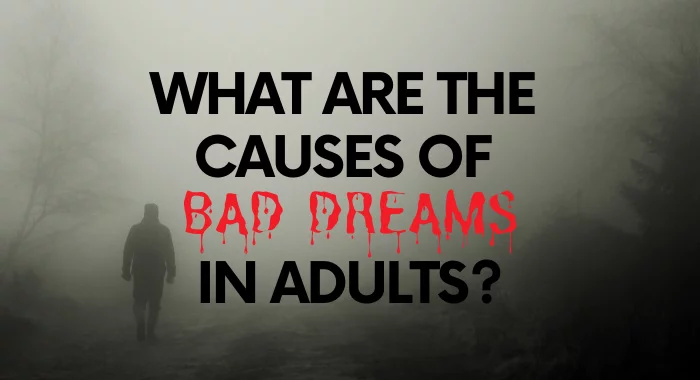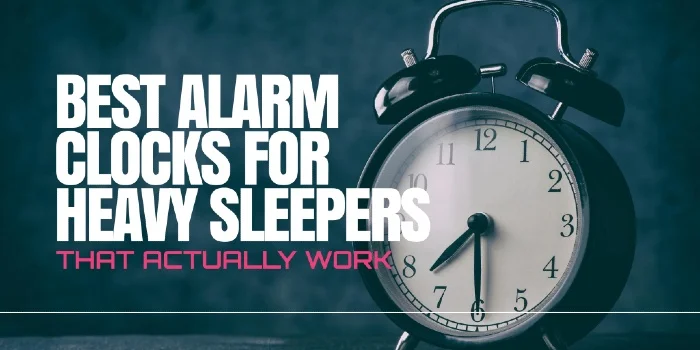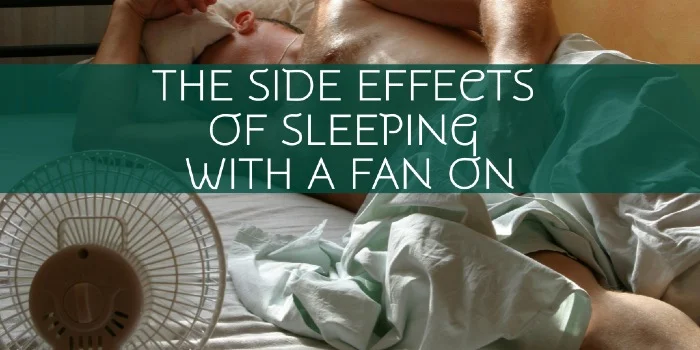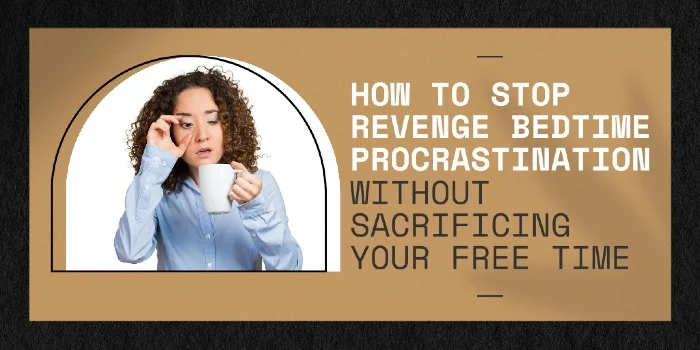The feeling is very familiar. You wake up in the middle of the night, heart pounding and unable to escape the images flashing across your mind.
Yeah, welcome to the world of bad dreams. Don’t worry, you’re not alone. Between 2% and 8% of adults are plagued by nightmares. Now, this may seem a low percentage, but let’s put this into some perspective for you.
The adult population of the UK was estimated at 52,403,344 for 2018. Let’s round this up to 52.5 million.
That means that between 1-4 million people are suffering from reoccurring nightmares in the UK alone. That’s more than the entire population of the West Midlands. So yeah, you are not alone.
Nightmares are not fun, at all. But in order to stop yourself having bad dreams, you need to get to the root of the problem behind them. Sorry, it’s a bit more complicated than checking to see that the monster in the closet isn’t actually there.
Ready to put your bad nights behind you? Read on to discover the causes of bad dreams in adults and how you can combat them.
Can adults really have bad dreams?
Yes, anyone is capable of a bad dream.
Even though nightmares are more common amongst children, it can be fairly common amongst adults. In fact, 1 in 2 adults occasionally has bad dreams.
Hell, a few weeks ago I had one myself. It was a pretty horrible one where a scientist had managed to create 4 supersized spiders and put them up for auction in a hotel. And when I say supersized, I mean it. They were eating pidgeons whole in one bite.

The spiders were in cages that could not contain them. Unsurprisingly, they escaped and multiplied. The next thing you know, these giant spiders were everywhere. There was no escape. And for someone who has a fear of spiders, let me tell you this wasn’t a pleasant dream to have.
And I can only apologise for that imagery if you’re not a fan of them either. Hopefully, you won’t have that dream later on.
Can bad dreams impact your health?
Yes.
Bad dreams are more than just having an unpleasant night’s sleep. If they wake you up early, they interfere with the amount of sleep that you get. And because you’re not in a comfortable and calm mood afterwards, you can’t get back to sleep easily either.
The following day, you’ll be tired, grumpy, unproductive and less able to concentrate. Depending on the severity of the dream, you also might experience symptoms of shock, a high heart rate and increased levels of stress.
Over time, this will get worse. Without the correct amount of sleep at night, you’ll be more at risk of:
- A weak immune system, making you more liable to colds and illnesses;
- Lower sex drive and struggle conceiving;
- Poor mental health and increased risk of depression or anxiety;
- Type 2 diabetes, as a lack of sleep changes the way your body processes glucose;
- Certain types of cancer, including breast, colorectal and prostate cancer;
- Heart disease, as a lack of sleep puts extra pressure and strain on your heart.
And that’s just from a lack of sleep. If you’re facing extra stress or anxiety over your dreams, these symptoms may even worsen.
Can nightmares kill you?

No. Nightmares can’t kill you.
There’s a common myth that if you die in a dream, you die in real life. But that’s just not true.
It’s also impossible to be stuck in a dream. No matter how bad it is, you will wake up. No human can sleep forever after all.
What causes bad dreams in adults?
Dreams are a difficult subject because there’s so much we don’t know about them yet. But here’s what we do know.
They happen in the REM stage of sleep and are there to help you process your thoughts, feelings, memories, and emotions from that day. Without it, we’d have difficulty remembering what happened that day.
Most bad dreams are caused by problems or worries in our life that our brain is trying to process. In fact, a 2014 study found that most nightmares were based on feelings of failure, worry, confusion, sadness, and guilt.
It’s not about fear, it’s about our brain trying to work through and solve the problems the dreams represent.
Interestingly, the same study also found that men are more likely to have bad dreams with themes of violence or physical aggression, whereas women’s bad dreams focused on relationship conflicts. Or in my case, giant spiders.
What are the most common bad dreams in adults?
As we stated earlier, bad dreams happen when your brain is trying to process a worry or problem in your life. It’s your job to figure out what that problem is.
Dreams are uniquely yours. But there are a lot of themes and events that are common and shared by us all. So, to help get you started on analysing your dreams, we’ve put together a quick list of the 10 most common bad dreams and what they might mean.
1. Your teeth are falling out

No matter how many times we might have discussed this dream, it still creeps me out.
Generally, this dream has two main interpretations. The first is to do with your self-image or how others perceive you. After all, if your teeth start falling out I’m not sure you’ll leave the most glowing impression on others.
The second is to do with communication. If you’ve suddenly lost your teeth, it will impact your speech. This could represent not being able to communicate honestly about a situation, or perhaps feeling like your voice is never heard.
2. You’re being chased
In this dream, someone or something is chasing you. You might be running from them, or feel like you’re stuck to the spot unable to move.
Luckily, this doesn’t mean something is coming after you. Instead, it can mean that you’re trying to reach a goal and are stuck in your progress, unable to move forward.
Being chased can also symbolise a problem that you’ve been ignoring rearing its head. But, as our last dream article pointed out, this can be a good thing. This dream could inspire you to face your problems head-on, symbolising that you’ve run out of time to run away from them.
3. You’re falling
Falling is reportedly one of the most common nightmares of all time.
Falling is the ultimate surrender of control. You can do nothing to slow your speed or determine where you end up, which can symbolise a fear of new changes happening in your life that you have no control over.
4. Being naked at the wrong time

There is a time and a place to be naked. A common dream is to get this wrong, turning up naked to an event that will leave you feeling beyond embarrassed.
Embarrassment is the key emotion at play here. This dream is normally about any type of embarrassment or insecurities you may feel in a particular environment or a growing feeling that you do not belong.
5. Being late or unprepared
There’s an important test you need to take and you keep failing it. You turn up without a pen and you can’t write any answers down. You go to a job interview without learning the name of the company. You’re late to your own wedding… etc.
You get the picture.
Sometimes these dreams are rather self-explanatory. There’s something important coming up and you’re anxious that you’re not prepared for it.
6. Death
No, this one isn’t about the actual grim reaper (I mean, typically it isn’t. I don’t judge).
This is where you dream about you, or someone you care about, dying. Like the card in tarot, death isn’t as bad as you think. It can mean a literal end to a stage of your life, like the end of a job or relationship.
When something ends, something else will begin. It’s all about change.
7. Being unable to find a toilet

Even though this may sound silly, it’s a pretty common bad dream.
This is less about needing the toilet but more what it represents: quiet, personal time and needs. If you can’t find one in your dreams, it may be that you’re struggling to get this in real life, putting the needs of others before your own.
8. Flying
Okay, flying is a pretty vague category here. That’s because there are two main types of bad flying dreams that you could have.
The first is where you want to fly, but something is stopping this from happening. This could represent a goal that you want to reach or the next stage in your life that you can’t get to because someone or something is holding you back.
The second common flying dream is a fear of flying. This could be down a phobia of flying, which is relatively common. But if you’re okay with flying when awake, this dream could represent you struggling to keep up with the expectations or goals that you’ve set yourself. Instead of someone else holding you back, the problem is you and the confidence to move forward.
9. Being in an out of control vehicle
Similar to flying, being in cars (or other vehicles) represent us taking a journey to the next stage in our lives.
But if you can’t control the vehicle, it may be because you feel like you’re veering off-track into a different path in your life or are feeling lost.
10. Feeling trapped
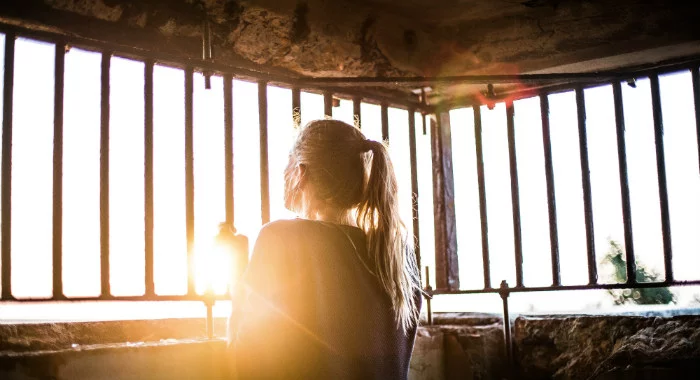
Feeling trapped in a dream is relatively self-explanatory and can have representations of feeling stuck or unable to get out of a certain situation in your life.
How do I stop having bad dreams?
The best and most sure-fire, way to stop your bad dreams is to get to the root of the problem and confront the issues that are causing them.
Bad dreams are your body’s way of processing problems. So listen to it and trust your gut instinct to try and work them out. But while you’re in that process, here are some tips you can follow to ease your nights and try and get a more restful night’s sleep.
1. Keep yourself busy in the day
Your dreams are your body’s way of processing everything that happened in the day. If you keep busy, you’re supplying it with new material to use instead of reverting back to the same old worries and problems that are causing your bad dreams.
So, keep yourself active and seek out new experiences to take your mind off your worries.
2. Read a book before going to sleep
Reading is another way to give your brain brand new material to focus on and dream about during the night.
And unlike watching TV or any other screen activity, it won’t interfere with you getting to sleep. This is because screens emit blue light, interfering with the production of melatonin and making it more difficult for you to sleep at night.
3. Meditate

Meditation is a great way to clear your mind of thoughts and take a breath from any problem that’s swirling around in your head. And if you can calm your thoughts down before going to sleep, you’re much more likely to have a nightmare-free night.
There are a lot of meditation tips you can read online to get you started, or you could even try out apps like Headspace to listen to simple, guided practices to follow.
Can certain foods give you nightmares?
We’ve all heard the myth that cheese gives you nightmares.
While this isn’t necessarily true, sometimes a pre-bedtime snack can increase your chances of bad dreams. This is because eating increases your metabolism, making your brain more active. The more active your brain is, the more intense and possibly vivid your REM sleep will be.
For a soundless night, it’s recommended to avoid eating right before bed.
When should you get help?
If you’re still suffering from bad dreams after trying the above tips, book an appointment with your GP to discuss the issue and what other steps can be done to help.
This is because bad dreams could also be triggered by certain sleep conditions or other problems, such as obstructive sleep apnoea, restless legs syndrome or even migraines.

Bad dreams can also be caused by certain medications, such as anti-depressants. So if you’re suffering because of this, you may need to see your doctor to adjust your dose and help you sleep better at night.
Get rid of the bad dreams and sleep soundlessly
As we’ve covered in this article, bad dreams are caused by underlying problems or worries in your own life that your mind is trying to process. This means that the best way to combat them is to analyse your dreams, uncovering what the problem is and facing it head-on.
But that might not be an easy or straightforward fix as it sounds. This is particularly true if the problems are caused by a dislike of your job or heartbreak over your recent breakup. Finding a new job that you need is a time-consuming process that’s mostly determined by luck – and well, breakups take time.
But while you’re facing these problems, the above tips will help ease the bad dreams and help you get on track for a peaceful night’s sleep.
Need any more tips on getting to sleep? We’ve got you covered. Discover our helpful advice and tips on getting the best night’s sleep here.
